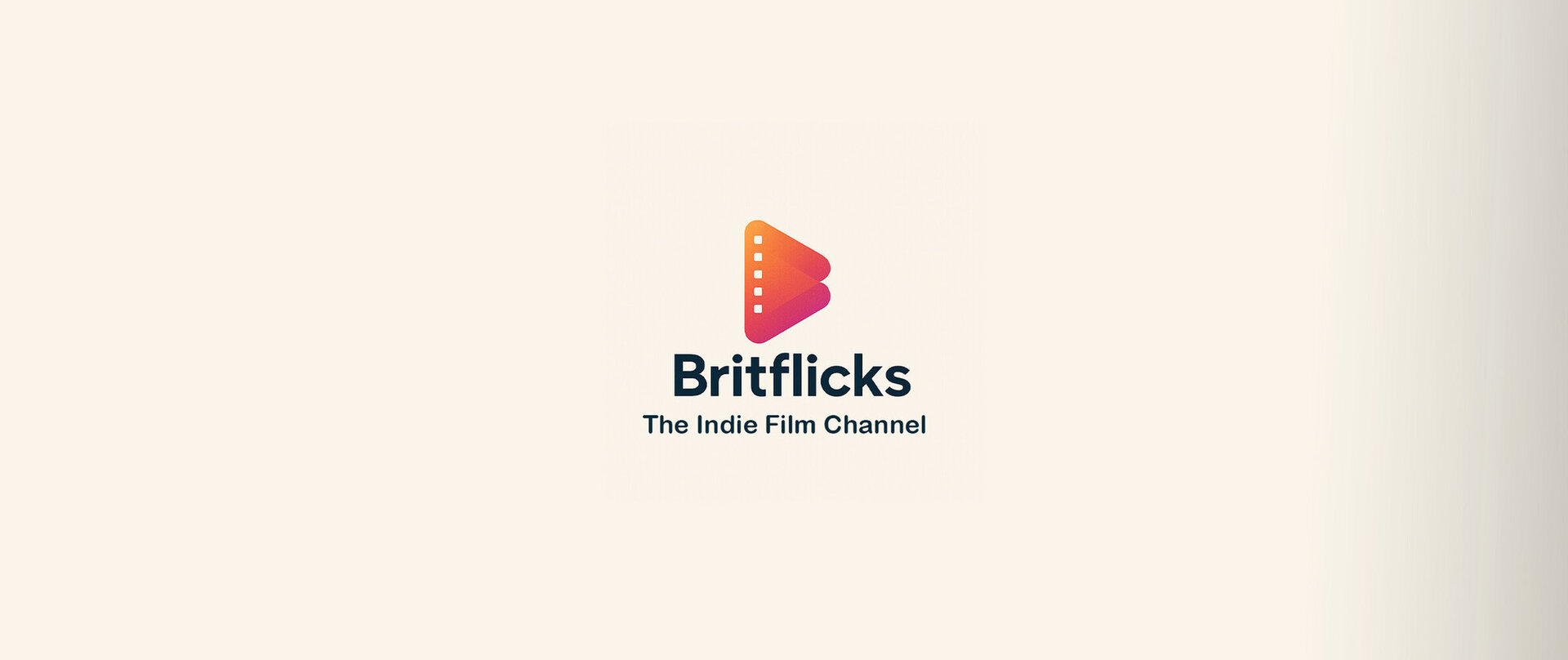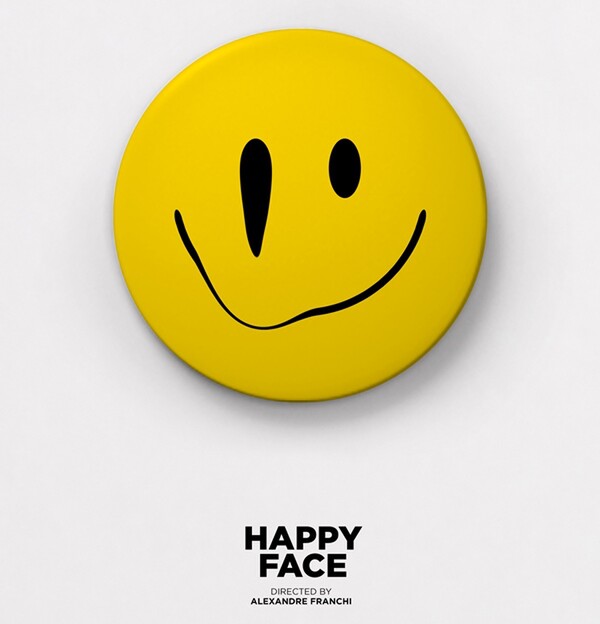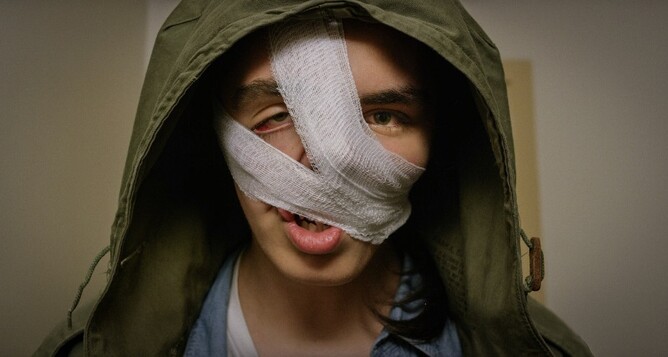HAPPY FACE
Written by Joelle Bourjoy, Alexandre Franchi
Directed by Alexandre Franchi
Overweight Vanessa heads up a group therapy session for people with extreme and visual facial/medical scars – the kind that, sadly, make too many people stop and stare. Among them is Augustine, his hood up, face contorted behind bandages pulled taut across his face. Everyone is worried about leaving their comfort zone. Every day tasks like walking into a bar and ordering a round of drinks are mountains to climb for these unfortunate people, but not Augustine. He simply says he doesn’t want to be bad. Soon after you learn Augustine is really Stan, an avid Dungeons and Dragons fan, and there’s nothing wrong him, physically speaking. However, mentally, he’s worried about looking after his cancer-suffering mother, whose face will be disfigured when her tumours are removed. Effectively, he’s using the group as a proxy to prepare himself for being with his disfigured mother. His insensitive ruse doesn’t go unnoticed for very long. Stan begs for forgiveness, promising to help them deal with their societal issues head on.
Director Alexandre Franchi carefully switches between the safety of the group and the lonely vulnerability each character experiences once they are home alone and left to their own devices. It’s deeply moving to see people trying to build up some self-esteem surrounded by their supportive group, only to see them wither to almost caricatures of what they keep promising not to be. The helplessness of being able to do nothing about the cruel world out there, but also discovering the power of being there for someone who needs you is a hopeful message that comes loud and clear from HAPPY FACE. Franchi also deftly shows the unwanted anxiety of people terrified of what others think because like the disapproval or mockery of ‘normal’ people they fear, they’re as conditioned by what society has deemed as acceptable, aesthetic standards - and part of their masochistic struggle appears to be how their inability to be ‘normal’ has convinced them they are not good enough and they’ll never fit in. In one outburst, severe burns victim and former cop Jocko lashes out and says: “I’m not a freak. I wasn’t born this way. I’m not like you.” A sad reflection on a broken society that all too often tolerates punching down as a kneejerk, defence mechanism. Kill or be killed is a dangerous metaphor to build a world on, but too many people at the top perpetuate this myth. It’s distressing how fear and anger can so easily turn into hate.
Stan, drawing on the life lessons he’s gained playing D&D and the book The Ingenious Gentleman Don Quixote of La Mancha, helps the group of misfits to develop coping strategies to shift the shame onto those who might stare and heckle. A wonderful sequence in the public swimming pool puts all the humiliation aimed at Vanessa on the group bullies shouting abuse. It’s only a small victory, but a huge step forward for the erratic, insecure leader of the group.
Somewhat liberated by these bursts of self-esteem, the group turn the table on Stan. Like everyone else put in the spotlight, he reveals he’s just as easily tempted to follow the path of least resistance, even when it results in self-inflicted emotional turmoil and guilt over doing nothing.
However, there’s a bittersweet irony when some of the group learn their physical problems aren’t the sole reason for their dissatisfying lives. Finding out the person inside is to blame and not their outward appearance is a huge shock for the characters and audience alike.
The film is set in the early nineties and the epilogue introduces the anonymity of the, then burgeoning, internet setting us free from judgements and ridicule because viewers of the screen only see what we want them to see. That turned out well, didn’t it?
This haunting and original film takes you on a rocky road of empowerment over entitlement, but never pretends it has fixed the problem for good. HAPPY FACE is the beginning, not the end of the discussion.



